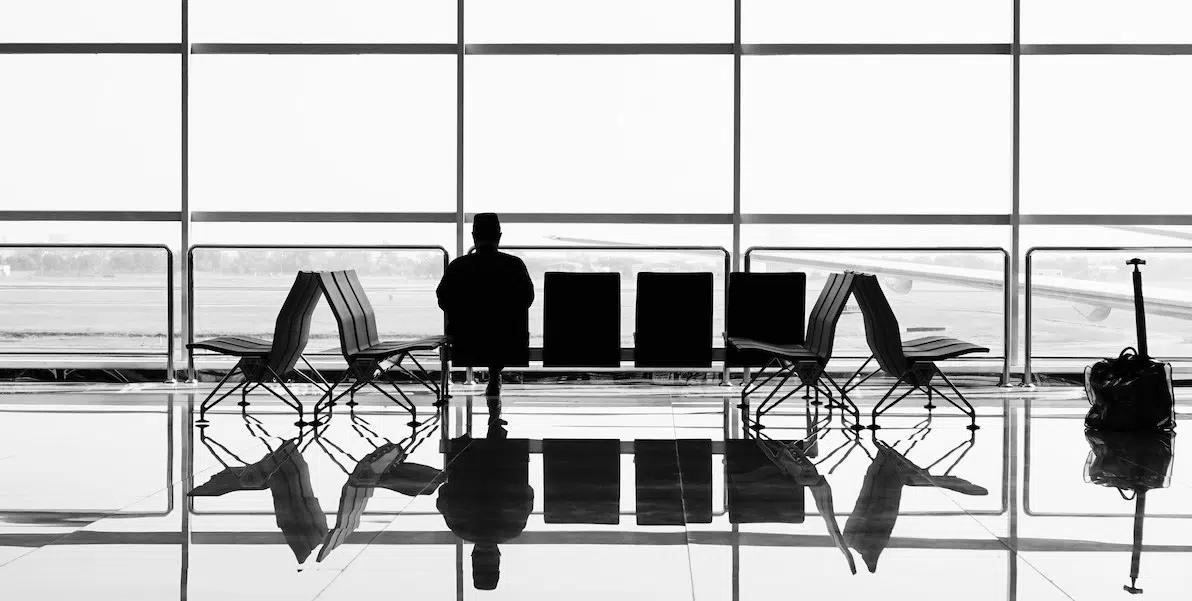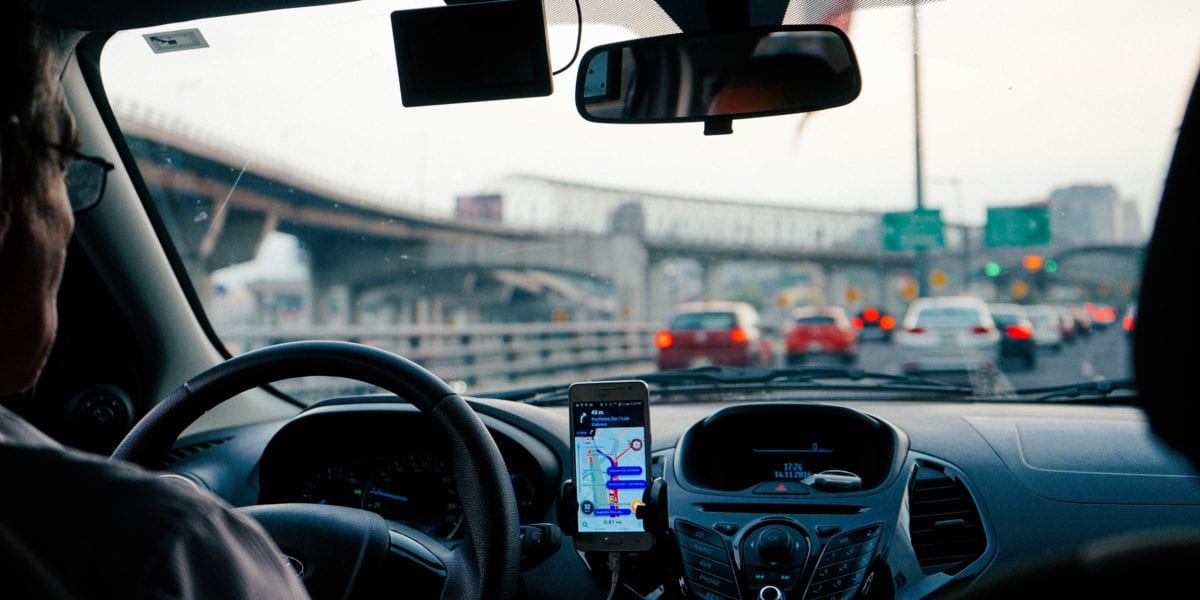The days of begging airlines to give you your money back are over: Under a new federal rule that finally took effect this week, airlines are now required to automatically offer travelers refunds when they significantly delay or cancel a flight.
Under the Department of Transportation's new rule, you're automatically entitled to a refund if your flight is canceled or delayed by more than three hours for a domestic flight (or six hours for an international flight). Not just a voucher or travel credit, but your money back.
Federal law has long required airlines to provide refunds when they cancel or delay flights and passengers choose not to rebook an alternative. But it was left up to the airlines themselves to decide what constituted a “significant” delay – and while most major airlines set that threshold at two or three hours, some budget carriers wouldn't dole out refunds unless the flight changed by a whole calendar day. The new federal rule sets clear standards down in law – and not just for U.S. airlines, but for any flight that touches U.S. soil.
That three- or six-hour standard will be a negative for some travelers. United and Delta, for example, would previously dole out refunds when schedules for their international flights changed by just two hours. Now, only changes of six-plus hours will trigger a refund.
On the plus side, refunds must be offered automatically. In the past, airlines tried to strong-arm travelers into taking a travel credit instead of a full refund – so although you were entitled to get your money back, you had to jump through hoops to get it. Now, airlines must automatically issue refunds without passengers having to request them.
Airlines are also under pressure to deliver your money back sooner, too. Airlines are now required to issue a refund within seven business days for canceled flights purchased with a credit card – or 20 days for other forms of payment.
While no regulation is perfect, this should be good news for most travelers – and the changes go beyond refunds for airfare. Here's when you can get your money back from the airline.
When Can You Get a Refund for a Flight Delay?
The DOT's new rule tightens refund requirements, setting a clear standard across all airlines for what's considered a significant delay while ensuring travelers get their money back faster. These are all the changes an airline can make to your flight that would entitle you to an automatic refund:
- Passengers are entitled to a refund if an airline changes your domestic flight by three hours or more
- For international flights, schedule changes of more than six hours would trigger a mandatory refund
- Adding a connection to a nonstop flight (or additional connections) is now officially considered a significant delay
- Shifting your flight to arrive in or depart from a different airport would trigger a refund
- Downgrading cabins or class of service would trigger the option of a refund, too
- A plane swap that results in a flight on a different plane that is “less accessible or accommodating to a person with a disability” would also be eligible for a full refund
This doesn't mean you'll get compensation for a lengthy delay on a flight that you still take – though the Biden administration is pushing separate regulations to that end. Instead, you'll be able to cancel your reservation and get your money back seamlessly.
Refunds for Late Bags
This new federal rule covers more than just the flight itself.
Airlines are now required to issue a refund of any checked bag fees they paid if their bag is not delivered within 12 hours of their flight's arrival – or within 15 to 30 hours on international flights, depending on the length of the flight.
Unlike other refunds, this one won't be automatic: Passengers must file a mishandled baggage report.
Additional Airline Fees Reimbursement
Did you pay for Wi-Fi on a flight that didn't work? Or pay for seat selection or even an upgrade on a flight that wound up getting canceled? You can get your money back for that now, too.
The DOT says passengers are entitled to a refund if they paid for an extra service like Wi-Fi, seat selection, or inflight entertainment if the airline failed to provide that service.
Bottom Line
The U.S. Department of Transportation's new rule went into effect on Monday, requiring airlines to issue automatic refunds when they significantly delay or cancel a flight, and setting clear standards for what's considered a significant delay.
These new, clearer standards should help travelers understand when they can get their money back. Unfortunately, it means that some delays that would have previously triggered a mandatory refund no longer make the cut.




So, the Airline is now responsible for the weather in delay’s? It’s all well and good, but the Buttigieg factor, is heavy handed given their DEI approach to hiring where Air Traffic Controller’s could be on Strike or just because of inclement weather unavailable, ditto the downgrade in Pilot Qualification’s! And, of being caught in Transit, on the connecting delay, what of that? The parallel Hotel Accommodations at the other end, if one is a ‘No-Show’, through no fault of their own?! The DOT, as with other bureaucratic Agencies of the Government acting as the ombudsman for the consumer, is really the job of the Legislative Branch, already being compensated, not another bloated acronym agency. As a ‘Road Warrior’ flying 48Wks./Annum from 1986-2015, this never occurred, though using LaGuardia did have an aggregate of aggravation with their legendary issues connecting to Philly to DFW to get to Albuquerque in those early years of ‘86-‘88, before getting to the West Coast or Phoenix.
When does this go effect?
I had a flight canceled in Sept to London. Can I apply for a refund?
It was live as of Monday Oct. 28.